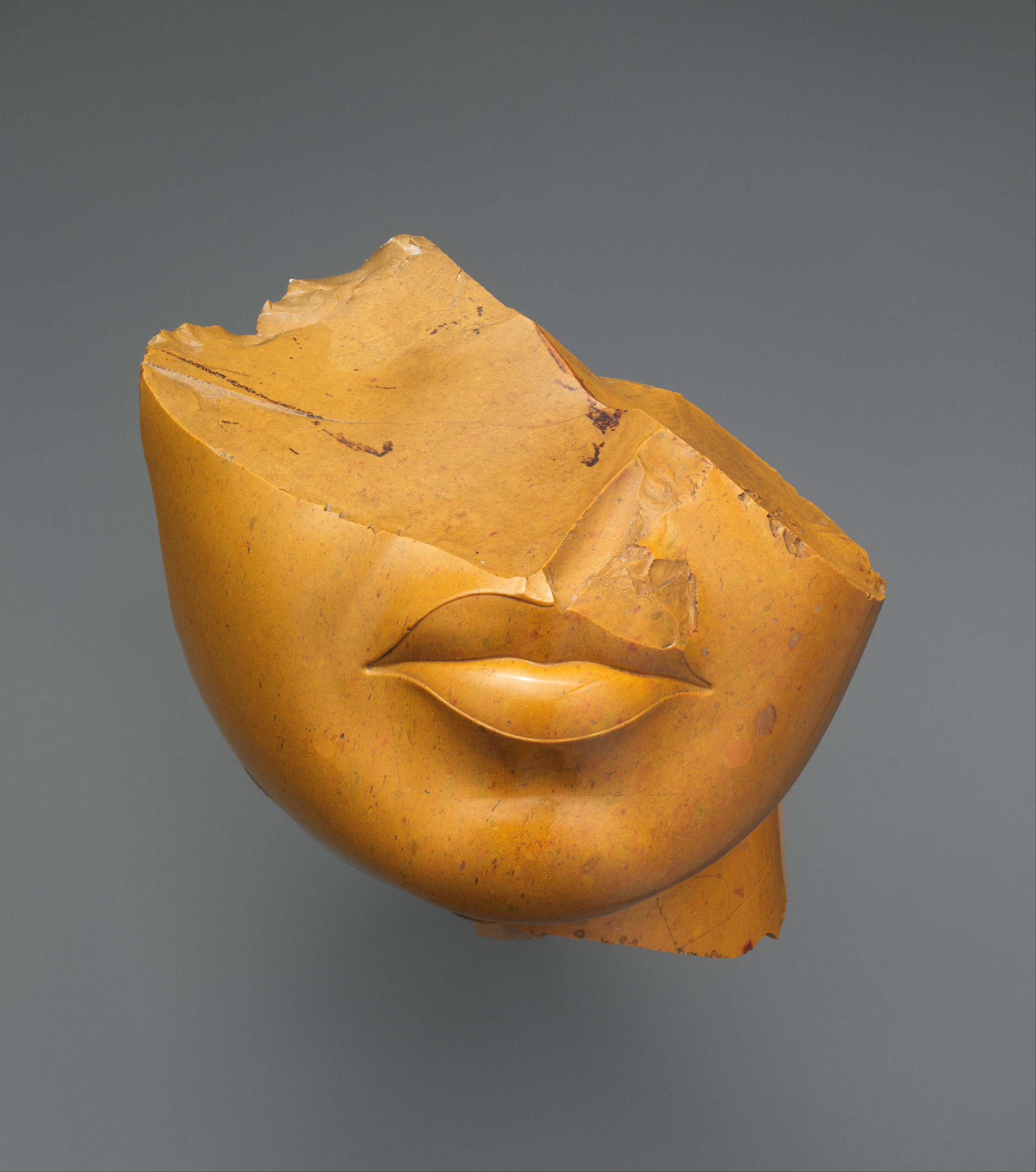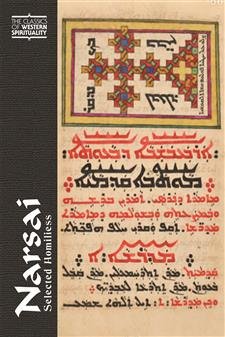These two sets of patterns—rabbinic tensions with the non-rabbinic wealthy and their involvements with charity and the working poor—are arguably complementary. Not only should the rabbis prevail in the competition with the non-rabbinic wealthy for social capital because of their Torah study, interpretation, living, and teaching, they should prevail because they are benevolently mindful and even activist on behalf of their social inferiors (the working poor) and are willing and able to compel other Jews to be similarly mindful and also do charity in accordance with rabbinic visions of that cluster of practices.
Read MoreA Radical Revision of Knowledge About Babylonian Jewish Society
Naqsh-e Rustam Photographed by Wojciech Kocot via Wiki Commons
Naqsh-e Rustam Photographed by Wojciech Kocot via Wiki Commons
The result is a radical revision of what we thought we knew about of Babylonian Jewish society, the place of the rabbis, and the nature of their textual tradition, as illuminated by comparison with other similarly-situated minority communities who were also navigating the realities of empire and being formed and transformed in the process. (I’ll return to this methodological point at the end.) But there’s more. The book also offers a radical revision of what we thought we knew about Sasanian rule.
Read MorePanel in Celebration of Simcha Gross's Babylonian Jews and Sasanian Imperialism in Late Antiquity
A review panel from the 2024 Association for Jewish Studies featuring scholars engaging with Simcha Gross’s award winning Babylonian Jews and Sasanian Imperialism in Late Antiquity.
Read MoreRabbinic Civil Law in the Context of Ancient Legal History: A Legal Compendium to the Talmud Yerushalmi
Catherine Hezser and Constantin Willems introduce the AHRC-DFG Collaborative UK-German Research Project in the Humanities (2023-26) on Rabbinic Civil Law in the Context of Ancient Legal History.
Read MorePossibilities in the Past: The Challenges and Payoffs of Public Scholarship
In this article, we argue that, despite and precisely because of these real cautions, public scholarship can further three core academic responsibilities: teaching, service, and even research.
Read More2024 AJR Year in Review
Ancient Jew Review is thankful for our community of contributors and readers invested in learning about Jews and their neighbors in the ancient world. For the year of 2024, these are our ten most-read pieces published this year!
Read MorePublication Preview | Narsai: Selected Sermons
As I learned more about the literature and history of my tradition, I found myself drawn to another important author, Narsai, and wondered whether someday a similarly accessible and instructive volume might be written about him. This project has been both a dream and an aspiration ever since.
Read MoreBook Review | Animal Rights and the Hebrew Bible
Indeed, these audiences in particular would benefit from Olyan’s treatment since they have adopted, at least in part, the academic tools of biblical scholarship, take the Bible seriously as a text of moral significance, and could theoretically affect social and political change in a way that is not limited to academic circles.
Read MoreGuide to Biblical Citations: Teaching Resource
“I came to a realization similar to the one about composition history, though considerably more mundane: the jumble of words, numbers, and punctuation that make up a biblical reference is objectively confusing if you’re not used to it!”
Read MoreExhibition Review | Elephantine: Island of the Millennia
Aramaic marriage document from Elephantine, dated 3 July, 449 BCE, currently at the Brooklyn Museum. Image courtesy of Wikimedia Commons.
Aramaic marriage document from Elephantine, dated 3 July, 449 BCE, currently at the Brooklyn Museum. Image courtesy of Wikimedia Commons.
The desire to construct harmonious pasts selectively highlights only those aspects of ancient identities and experiences that align with current ideals, conveniently omitting the less contemporarily palatable. This selective narrative fosters the belief that coexistence is inherent and natural, rather than a hard-fought process.
Read MoreAncient Jew Review: The First Ten Years
Ancient Jew Review Founding Editors (L to R): Simcha Gross, Nathan Schumer, Krista Dalton
Ancient Jew Review Founding Editors (L to R): Simcha Gross, Nathan Schumer, Krista Dalton
Advisory Board member Andrew Jacobs reflects upon the past 10 years of Ancient Jew Review.
Read MoreAuthor Response: Review Forum Yael Fisch's Written for Us
After Echoes of Scripture, very few studies that stemmed from a NT context ever mention rabbinic literature anymore. My book works to revive and reframe this conversation, make room for early rabbinic texts in the study of Paul and make room for Paul in the study of ancient Midrash, without collapsing these texts into constricting and antiquated models of dependency and borrowing.
Read MoreDoes Paul Give Preference to an Oral Nomos over the Written Nomos in Romans 10 for the sake of the Gentiles? A Response to Yael Fisch
“All this to say that Paul’s emphasis in Romans 10 on speaking and subsequently hearing—orality—is not because it is relevant only to his gentile communities, but because it serves as an explanation for why part of Israel still not has yet believed; they cannot believe because they cannot “hear” the oral nomos speaking about Christ and righteousness by trust. “
Read MorePauline Christcentric Hermeneutics
Studies that seek to build on her path-breaking work in the history of midrash will have to pay closer attention to this fundamental X-factor in Pauline hermeneutics.
Read MoreMidrash, Paul, and Difficulty
"We tend to think about rabbinic interpretations, like midrash, arising from a difficulty in the text itself: smoothing out a piece of grit until, in the famous analogy, it becomes a pearl. What if, however, difficulties that arise from the juxtaposition of two texts are fertile ground for interpretation as well—and that interpretation is not meant to make them easier, but rather, harder?"
Read More2023 SBL Review Forum for Yael Fisch's Written for Us
The 2023 Society of Biblical Literature's review panel for Yael Fisch, Written for Us: Paul’s Interpretation of Scripture and the History of Midrash.
Read More“The Art of Comparison: Yael Fisch’s Written for Us: Paul’s Interpretation of Scripture and the History of Midrash”
"After reading Fisch’s book I am convinced that Paul’s general hermeneutic should not be identified as a radicalization of Alexandrian allegory, or as allegory at all. And I can accept, based on Paul’s blend of the intertextual method featured in later rabbinic midrash with the terminology and content of allegory in Gal 4, that allegory and midrash are not always diametrically opposed, at least for Paul. Nevertheless, as Fisch herself recognizes and details, allegory and midrash differ in numerous ways. Moreover, they are not blended in the vast majority of works of ancient Jewish interpretation or in rabbinic literature, which suggests that their distinction as hermeneutical systems has heuristic value."
Read MoreMapping the Sky: Roman Augury in the Classroom
Figure 1: Unrecorded Artist, “Relief plaque with Vulture and Cobra on baskets; falcon on opposite,” 400-30 BCE, limestone, Egypt, now at the Metropolitan Museum of Art, NYC, NY (CC0).
Figure 1: Unrecorded Artist, “Relief plaque with Vulture and Cobra on baskets; falcon on opposite,” 400-30 BCE, limestone, Egypt, now at the Metropolitan Museum of Art, NYC, NY (CC0).
"Although we might not have faith in these beliefs today, I have found that while teaching my Roman Empire class, having students reconstruct these fastidious rules, in order to learn to engage with the ars of divination, can provide them with deeper access into Roman beliefs about communication with the gods."
Read MoreDissertation Spotlight: Rethinking Ancient Jewish Politics: The Hasmonean Dynasty in the Seleukid Empire
Was imperial rule indeed so antithetical to local agency, or was it in fact a facilitating factor in the formation and consolidation of local elite identities? Did the Hasmoneans and their supporters really espouse such an anti-imperial political theology as is often associated with them? What would change in our understanding of emerging Judaism and the Jewish political imagination if we were to reimagine the Hasmonean period without such a heavy emphasis on Jewish national and religious identity in opposition to empire?
Read MoreSlip Slidin' Away
Mira Balberg, however, points to the shifting attitudes towards forgetfulness and forgetting as a pivotal moment in the history of the rabbinic movement, and in Fractured Tablets she offers a fresh new reading of the rabbinic construction of forgetting. The rabbis shaped their subject as a fallible and often confused human being, bumbling around the world, trying to observe God’s commandments.
Read More


















